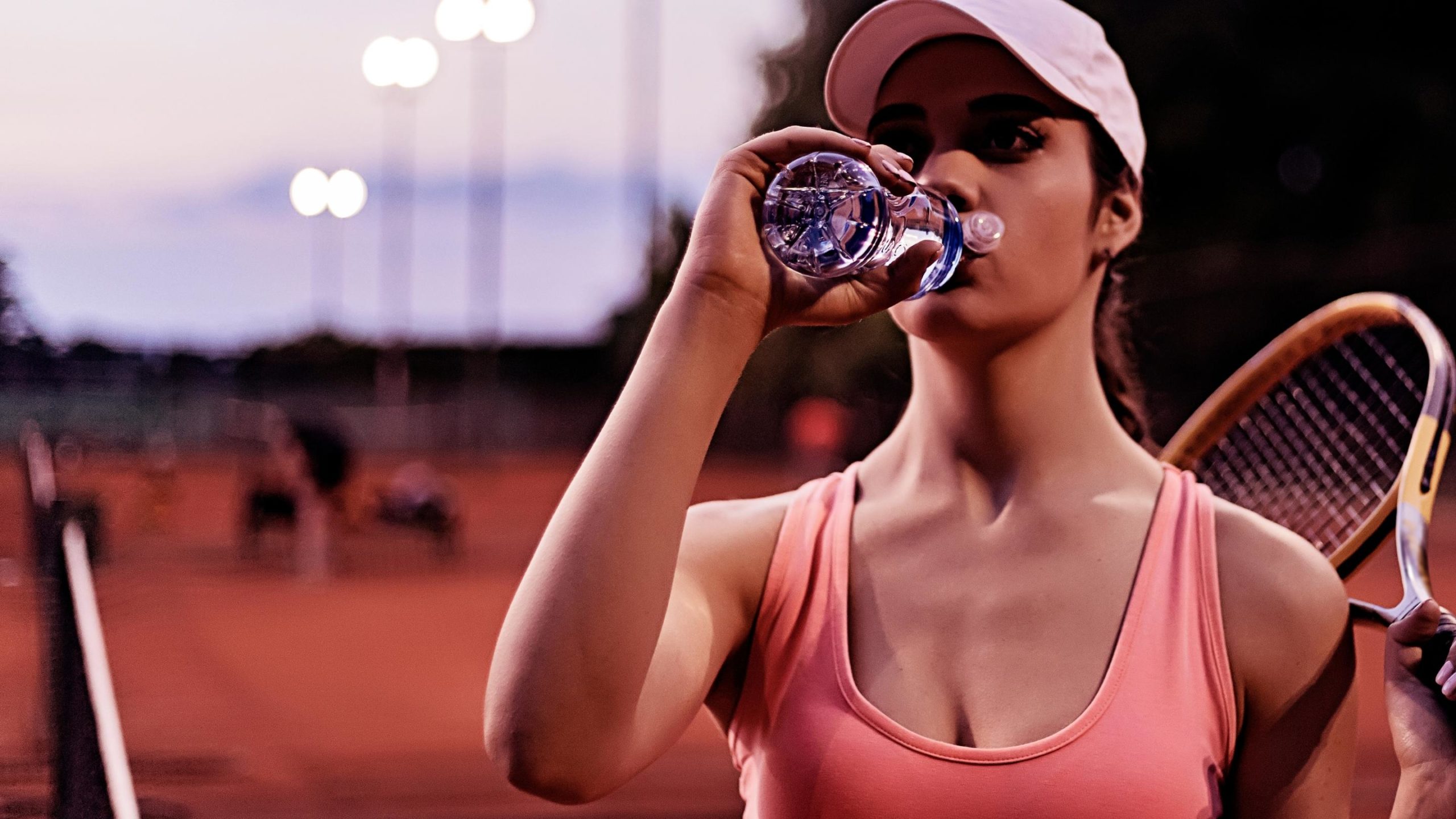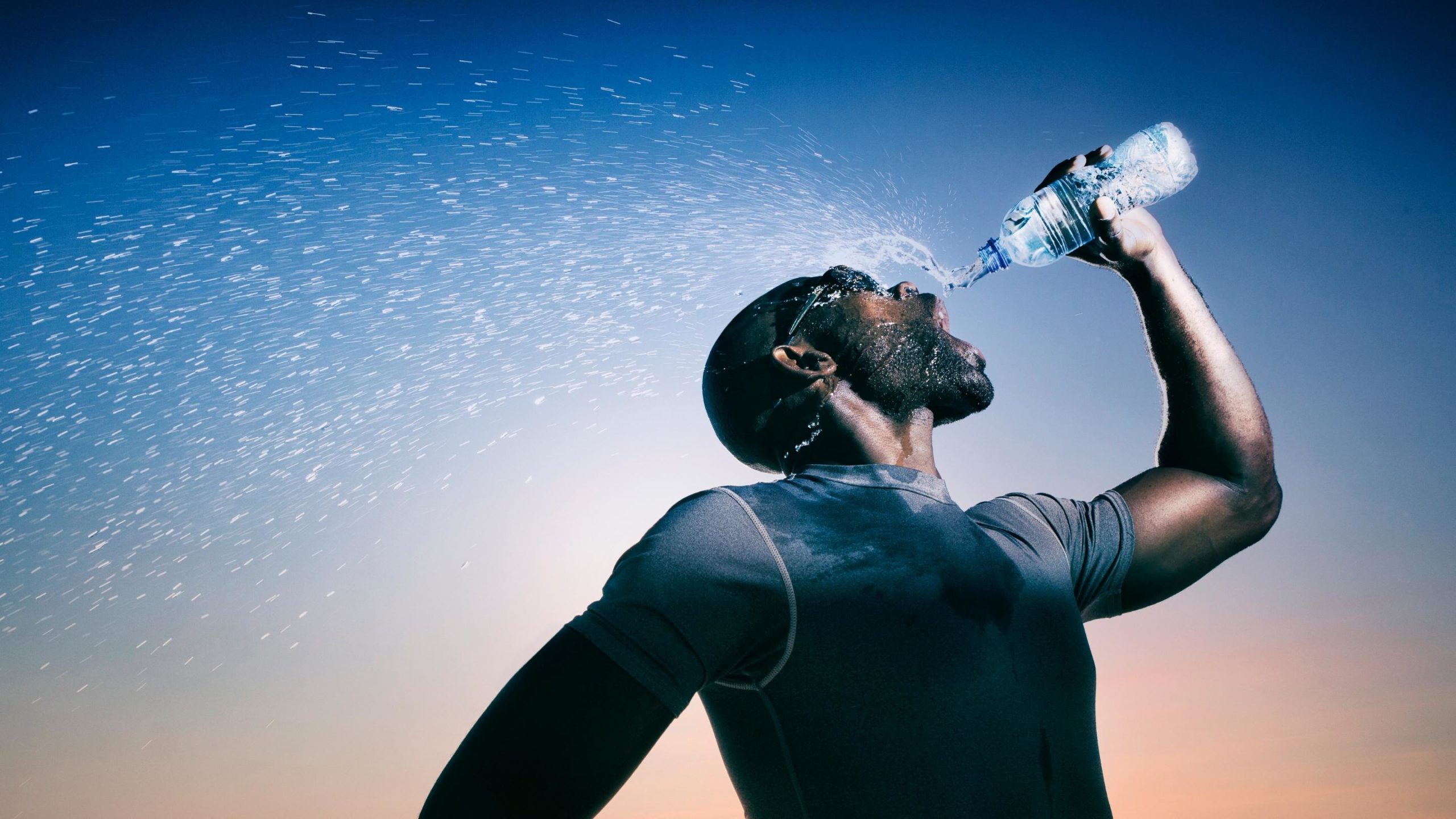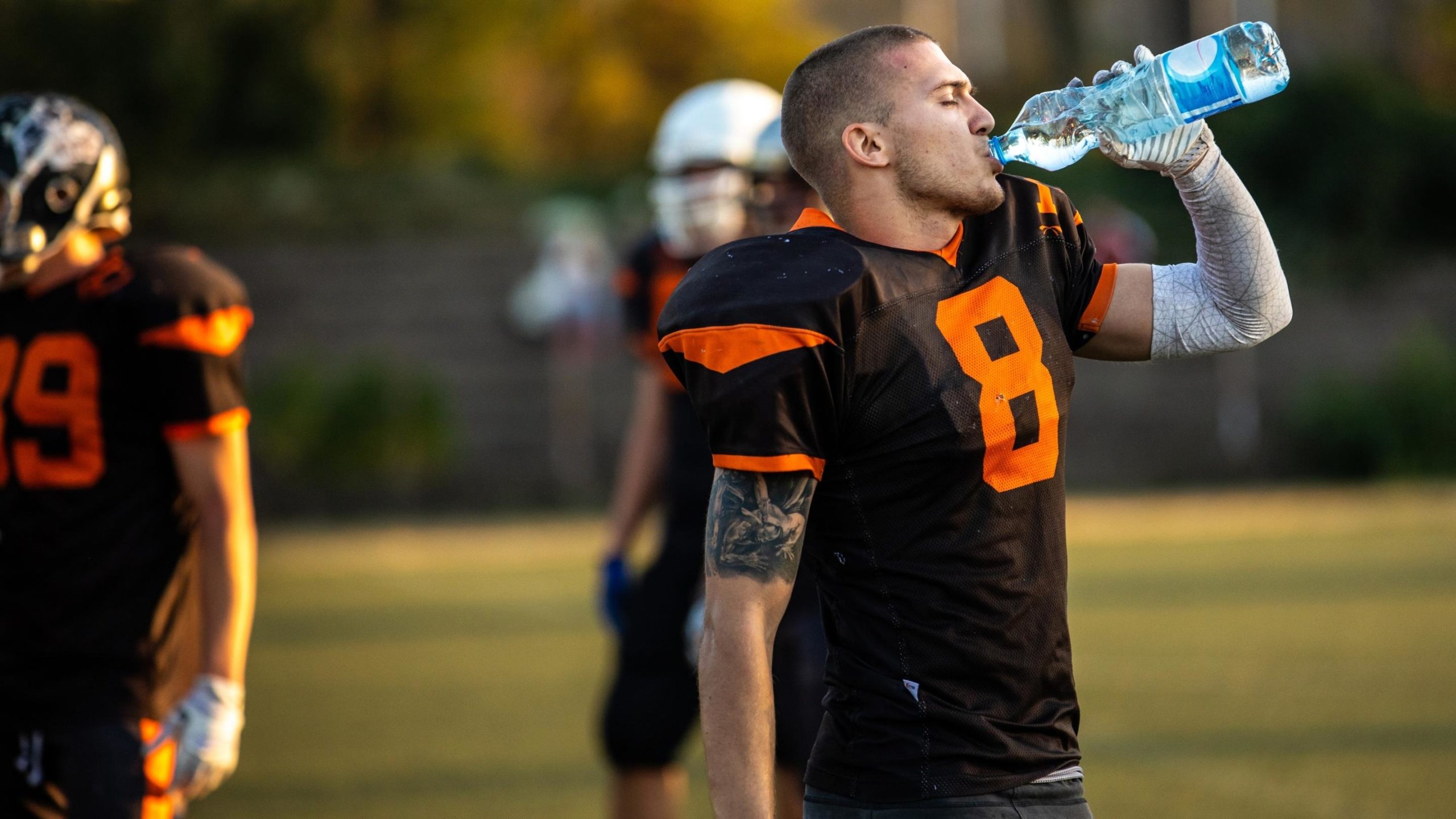According to the latest research on sports medicine, electrolytes boost performance of athletes in a number of interesting ways:
- Strengthened muscles and bones
- Better sleep
- Improved cognition
- Strengthened immunity
- Boosted energy levels
- Increased muscle hydration
- reduced cramps
- Improved digestion
- Stabilized blood sugar
In this article, we take a look closer at these nine ways that electrolytes contribute to improved athletic performance, particularly among endurance athletes and physically active people.
Key Point: Electrolytes are one of the best natural ways to boost athletic performance.

The 9 Ways Electrolytes Boost Performance of Athletes
- The 9 Ways Electrolytes Boost Performance of Athletes
- 1. Strengthens the Muscles and Bones
- 2. Promotes Sleep
- 3. Improves Cognition
- 4. Strengthens Immunity
- 5. More Effective Energy Production
- 6. Muscle Hydration
- 7. Less cramping
- 8. Supports Digestion
- 9. Stabilizes Blood Sugar
How Does the Body Use Electrolytes?
Electrolytes are essential minerals containing either a positive or a negative electrical charge. These electrically charged particles are found in body fluids in the human body and perform a wide range of bodily functions including the maintenance of:
- Fluid balance
- Blood pressure
- Blood volume
- Muscle function including muscle contractions
- Nervous system functions, which include the transmission of nerve impulses from the central nervous system to the rest of the body’s cells
- Acid base balance (between 7.35 and 7.45 pH)
The most important electrolytes for athletic and workout performance are sodium, magnesium, potassium and calcium. Water, of course, is also crucial in athletic performance because of its hydration properties.
Electrolyte levels, however, can drop with excessive sweating, particularly among athletes. As you produce more sweat, more essential electrolytes are depleted from the body. The excessive fluid loss due to endurance exercise must be replaced through hydration methods or else athletic performance suffers.
This means a proper electrolyte balance is particularly important for runners.
Summary: Since endurance athletes sweat more than the average person, they have a higher risk of negative electrolyte balance resulting in decreased hydration status–also known as dehydration, which can cause a significant decrease in athletic performance.
Effects of Electrolyte Imbalance
An electrolyte imbalance has adverse effects that go beyond athletic performance, too!
A mild electrolyte imbalance will likely not have observable symptoms but a severe electrolyte imbalance can result in these symptoms:
- Fatigue
- Low blood pressure
- Muscle weakness and cramping
- Fast or irregular heartbeat
- Numbness and tingling
- Confusion
- Headaches
- Convulsions
Endurance athletes will obviously suffer from decreased athletic performance when experiencing a combination of the above symptoms of electrolyte imbalance.
Key Point: Fortunately, athletic performance can be improved through proper hydration and, thus, electrolyte replenishment resulting in these nine benefits fo electrolytes.

1. Strengthens the Muscles and Bones
Endurance athletes must consume foods rich in potassium to prevent muscle weakness, cramps and tingling during their training sessions and competitions. Potassium is useful in maintaining acid base balance and, thus, preventing acidosis, a condition that can result in muscle wasting and bone mineral density loss.
With a diet high in potassium, athletes will enjoy stronger muscles and bones. But don’t forget to consume foods rich in magnesium, chloride and other essential electrolytes, too!
Key Point: The balance of electrolytes in your daily diet and hydration will keep your muscles and bones in peak condition, both during intense workouts and in daily life activities.
2. Promotes Sleep
After an intense workout and competition, endurance athletes must get at least eight hours of sleep every night! Quality sleep is crucial in many bodily functions including:
- Muscle repair and regeneration, an important aspect of muscle growth and strength
- Stress management
- Improved mental focus
- Less daytime fatigue
Takeaway: The best electrolytes to promote quality sleep are calcium and magnesium, which stimulate melatonin production, encourage REM activity in the brain, and reduce stress hormone levels.
3. Improves Cognition
Memory retention and the ability to pay attention and maintain concentration are affected by an electrolyte imbalance. Even mild dehydration and other forms of electrolyte imbalances can have negative effects on brain function!
For example, too little and too much sodium can cause the brain to shrink and swell, respectively. Electrolyte levels must then be kept just right for optimum cognitive function among athletes. Otherwise, dizziness, headaches, and fatigue sets in with electrolyte imbalance.
This is where electrolyte replenishment comes in for endurance athletes.
Key Takeaway: Aside from proper hydration, the consumption of electrolyte-enriched products will keep your brain nourished and your athletic performance at optimum levels.
4. Strengthens Immunity
Foods and supplements rich in electrolytes can also boost your immunity!
Calcium, potassium and sodium are instrumental in immune signaling where cells receive protection from pathogens in the body. Magnesium is also crucial in boosting the body’s immune system through inflammation control.
Key Takeaway: Electrolytes help to fight off pathogens and inflammation linked to illness and a compromised immune system.
5. More Effective Energy Production
Endurance athletes must be conscious about maintaining electrolyte balance because even a 2% loss in body weight through excessive amounts of sweat can result in significant decrease in speed, strength and focus!
The lost electrolytes must be replenished lest their energy levels decrease.
Since electrolytes in the body promote energy production, their loss means earlier onset of muscle fatigue. Supplementing with electrolyte drinks will likely be necessary to replenish electrolytes lost via excretion of body fluids.
Key Takeaway: Electrolytes help to regulate muscle fatigue, which is great for endurance athletes.

6. Muscle Hydration
Electrolytes direct water and nutrients to the cells in the body and maintain optimal fluid balance in and outside of these cells. If your body doesn’t have enough water hydration and electrolyte balance in it, your muscle function including muscle strength and control will be impaired.
Endurance athletes will find the effects of impaired muscle function more acutely than the average person, too!
Their athletic performance will suffer due to dehydrated muscles with an increased risk for cramps, weakness and temporary loss of movement. Other adverse effects include ongoing muscle weakness, constant fatigue and increased risk of injuries.
Key Takeaway: Electrolytes help to reduce muscle weakness, soreness, or injury, by keeping muscles hydrated.
7. Less cramping
Calcium, potassium and magnesium are the essential electrolytes with crucial importance in muscle contractions. With low levels of these electrolytes, the muscles wouldn’t be able to relax and contract. This rings true for all muscles of the body including the heart muscles.
Every muscle contraction is important for optimal athletic performance – the muscles in the limbs to extend and contract, the heart muscles to pump blood, and the diaphragm to give the lungs room to breathe.
Key Takeaway: Electrolyte replenishment is then a must during intense exercise and competition, particularly those where cramps can be problematic
8. Supports Digestion
Essential electrolytes promote good digestive health. The intestines in the human body have linings of smooth muscle tissues with rhythmic contractions necessary for nutrient absorption and waste elimination.
But an electrolyte imbalance, particularly low potassium levels (i.e, hypokalemia), interfere with the regular contractions of the intestines. With hypokalemia, the digestive process can go whack and, thus, impact athletic performance.
Key Takeaway: Potassium plays a crucial role in relaying signals from the brain to the smooth muscle tissues in the intestines needed to efficiently digest food.

9. Stabilizes Blood Sugar
Both low and high glucose levels have adverse effects on athletic performance. Low glucose levels, or hypoglycemia, causes uncontrollable shaking, ravishing hunger, and rapid heart rate. Chronic high glucose levels can affect athletic performance by preventing optimal muscle growth.
Many endurance athletes even have prediabetes levels of glucose–from consuming too many sugary sports drinks. But maintaining electrolyte balance can stabilize blood sugar levels among athletes.
Drinking electrolyte drinks can replenish lost electrolytes and promote better energy production and boost mental performance by keeping your blood sugar at more optimal levels.
Key Takeaway: Large changes in blood sugar often result in irregular energy levels and the feeling of crashing. Electrolytes help to stabilize blood sugar and prevent crashing.
Best Way to Get Electrolytes
You can increase your fluid intake by drinking water. When trying to maintain fluid balance, you can add electrolytes via table salt into the water, drink coconut water, or eat salty foods but these may not be enough hydration.
Reach for a sports drink or electrolyte drinks instead and stay hydrated before, during and after your intense workouts! Be sure to eat healthy food sources with high electrolyte levels, too, such as fruits and vegetables, nuts and seeds, and fish, chicken and seafood.
Summary: Electrolyte drinks are strongly recommended in electrolyte replacement during intense exercise, especially in a hot environment or with prolonged exercise duration. Sports drinks and energy drinks without electrolytes that are high in sugar can often do more harm than good.
